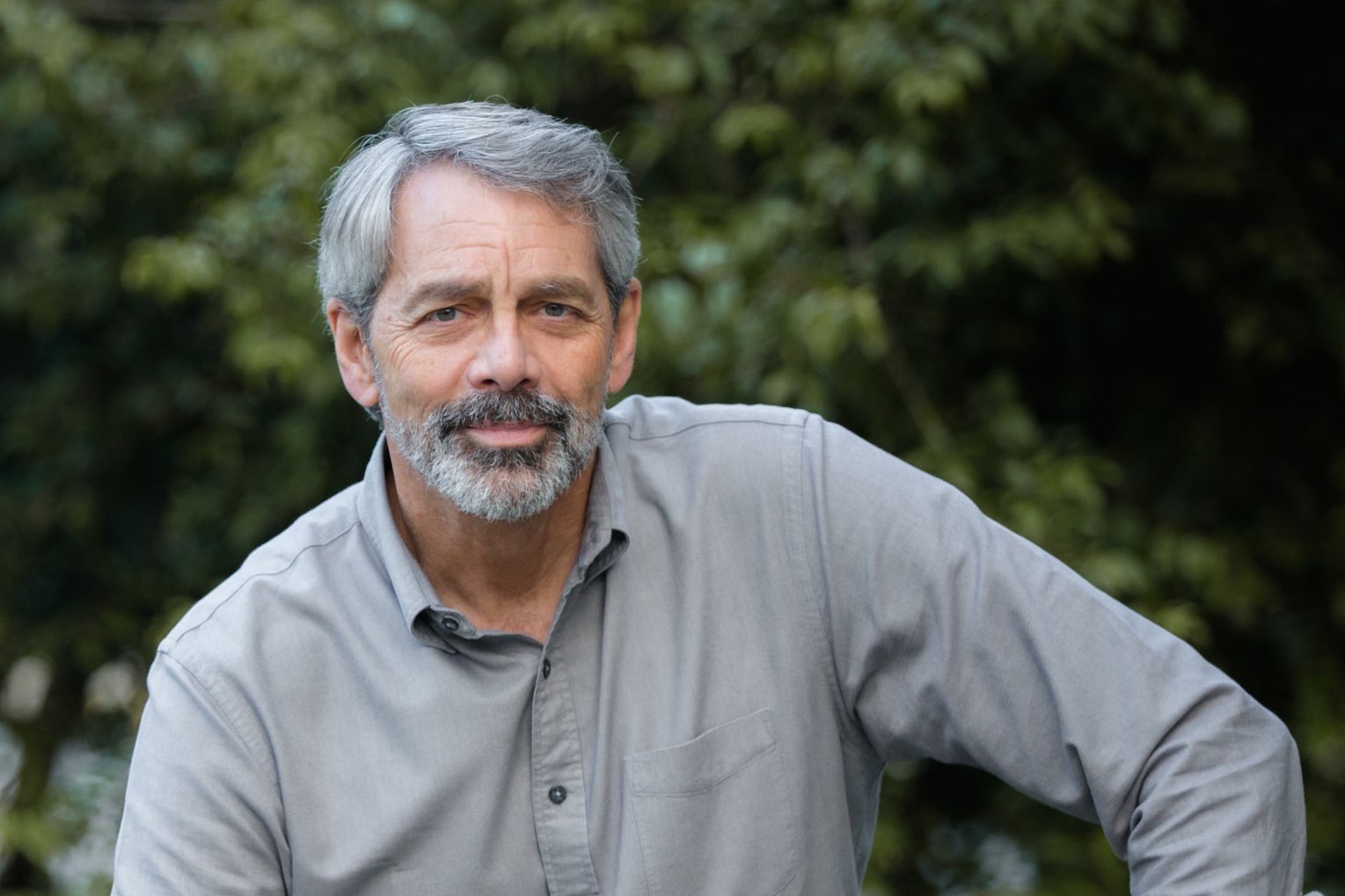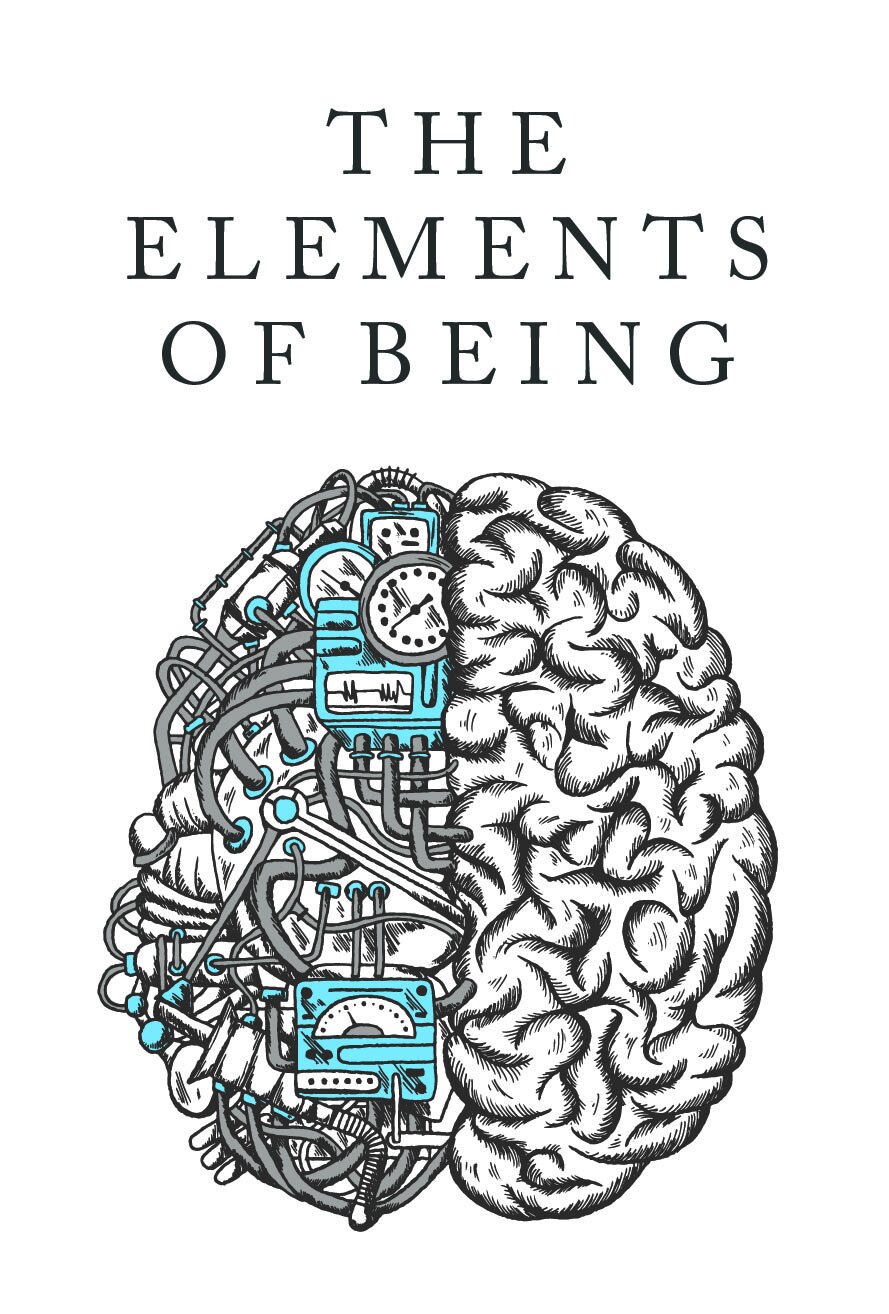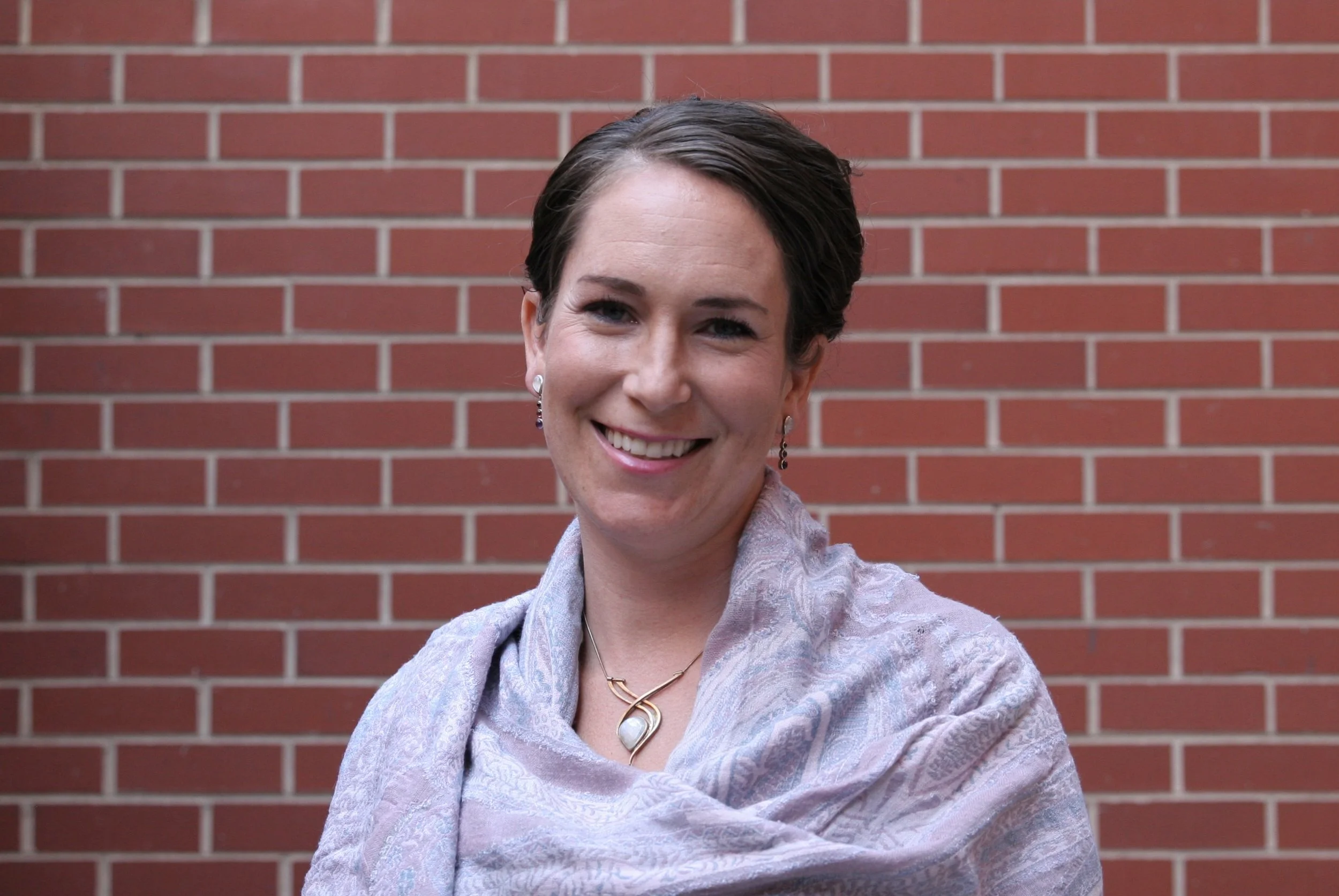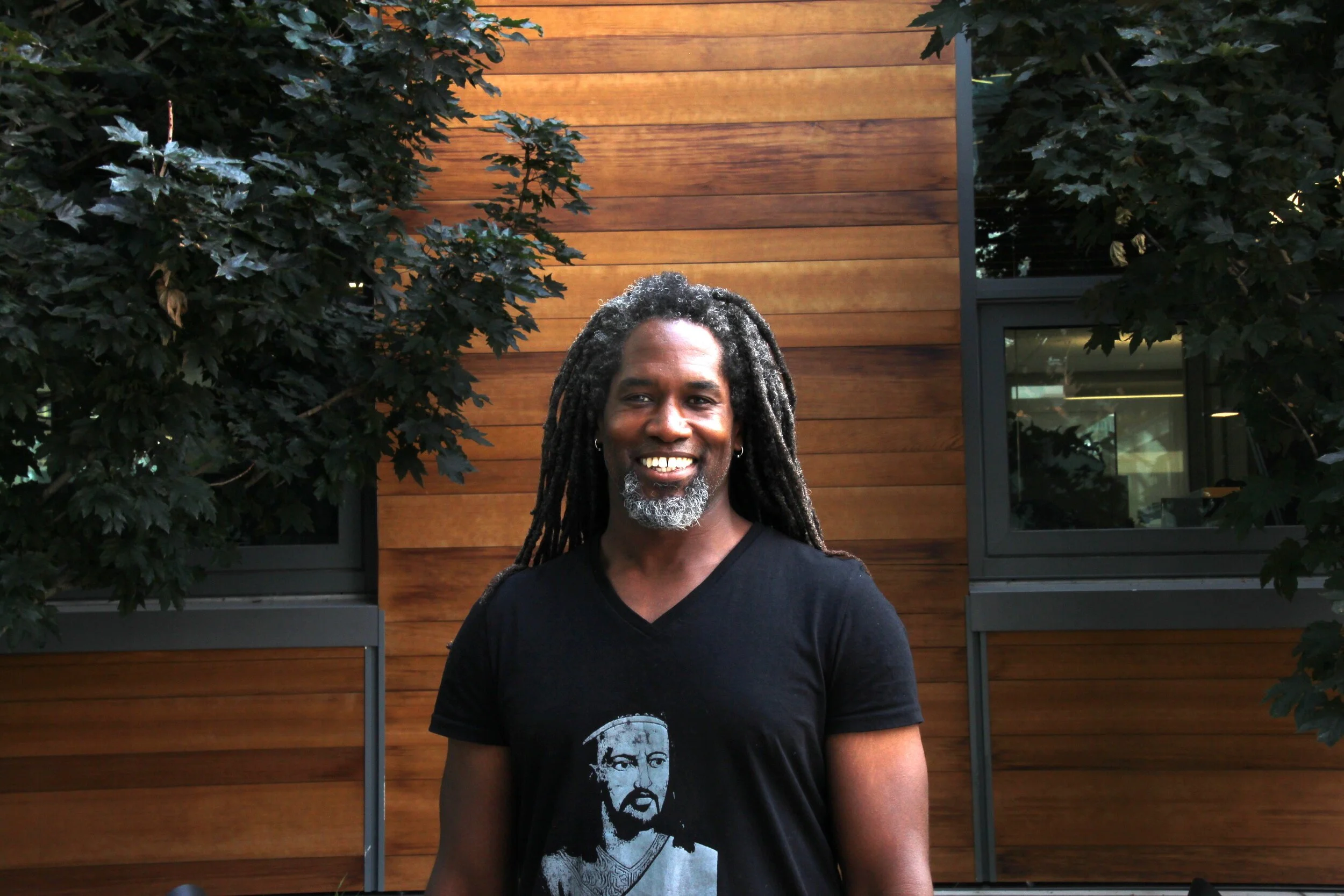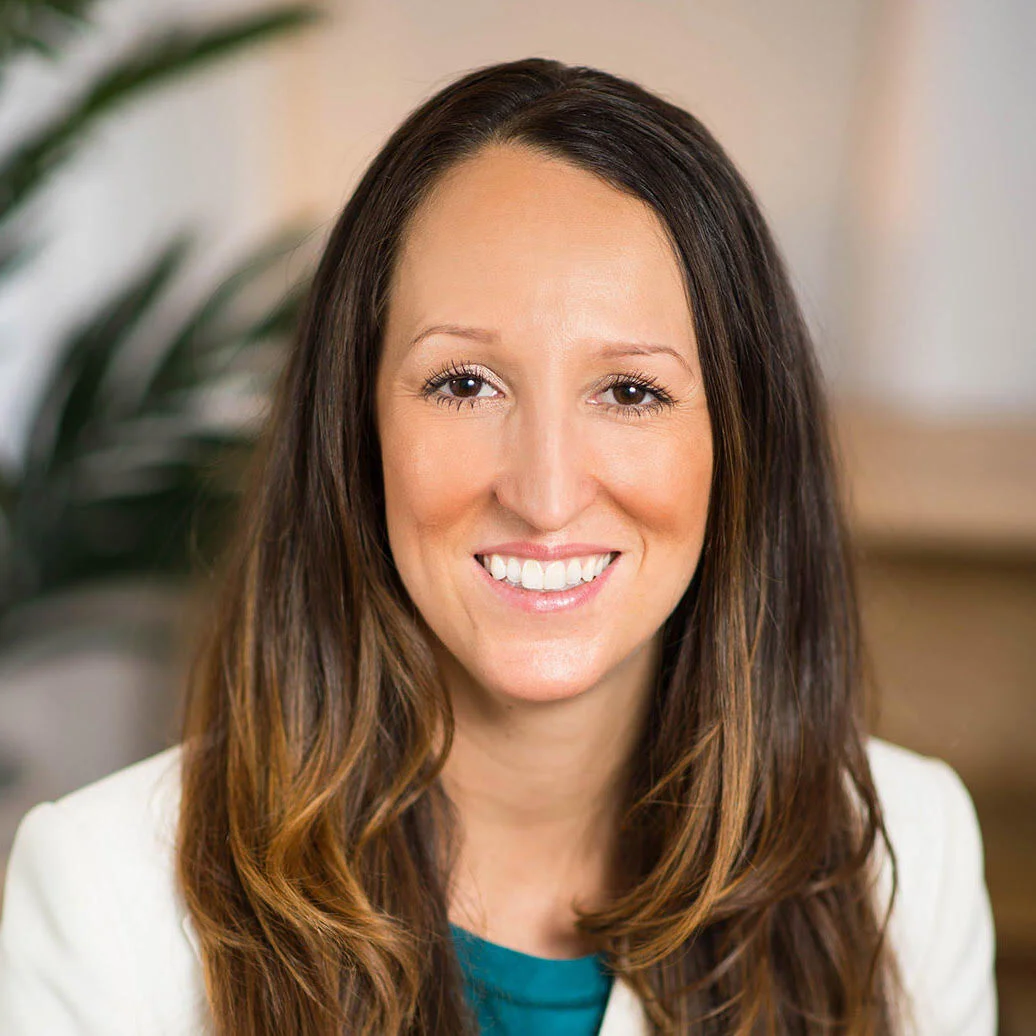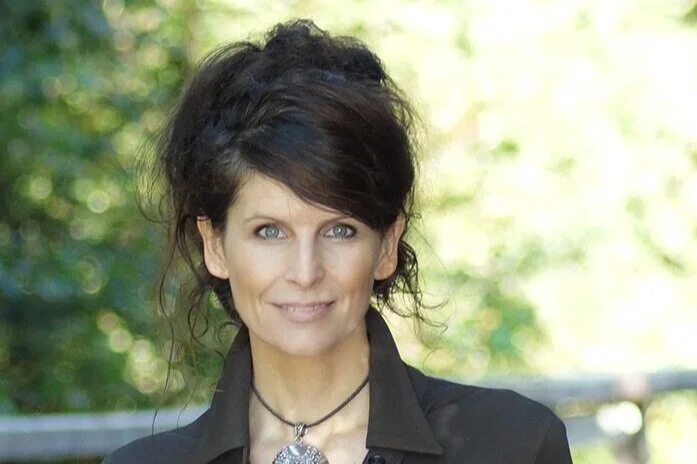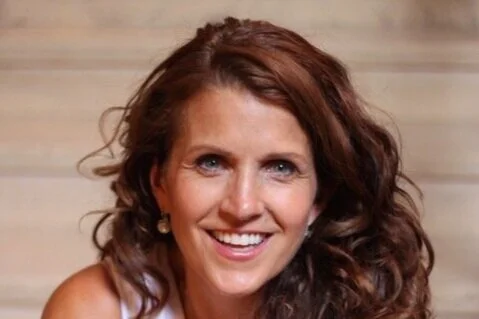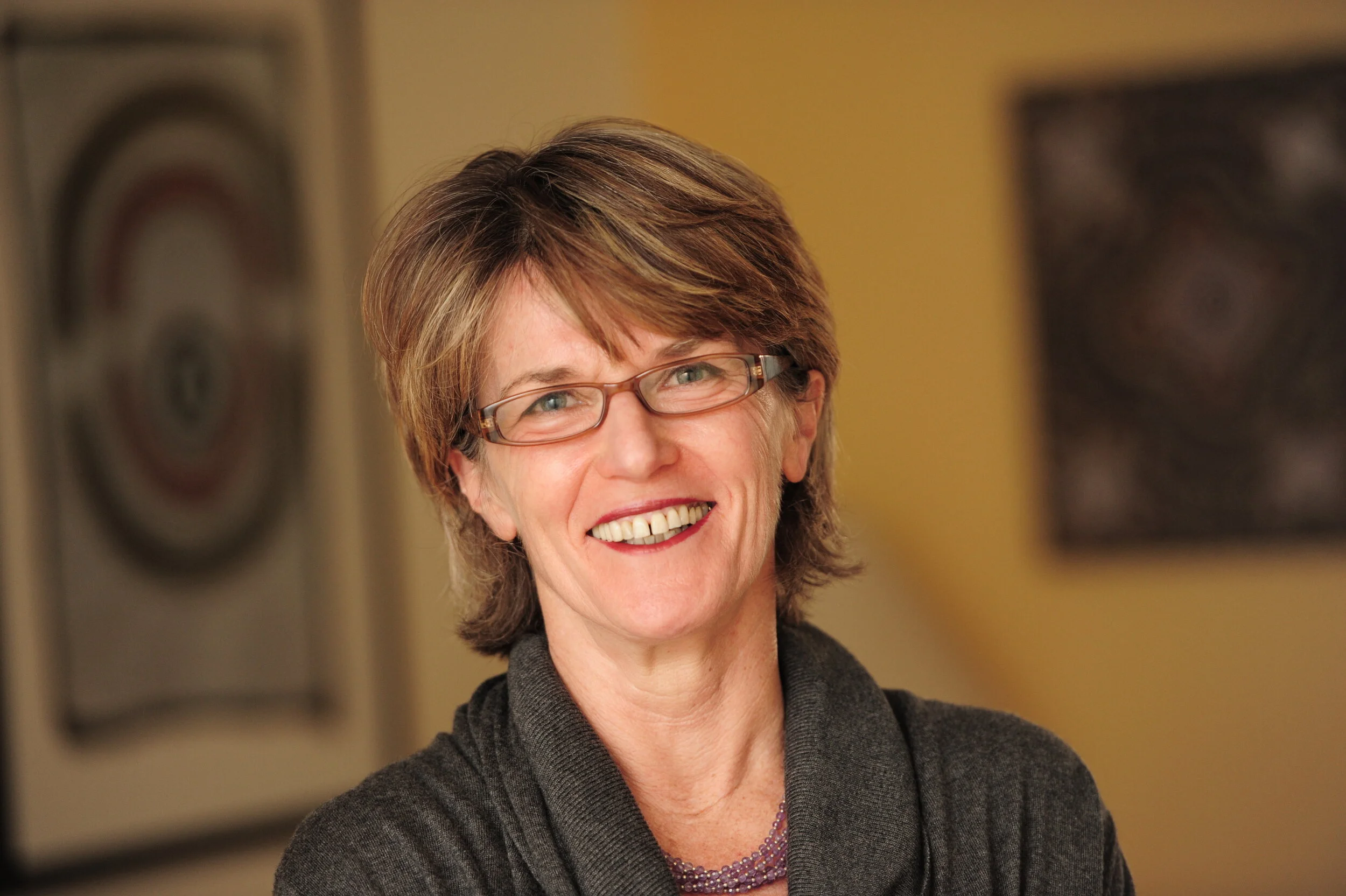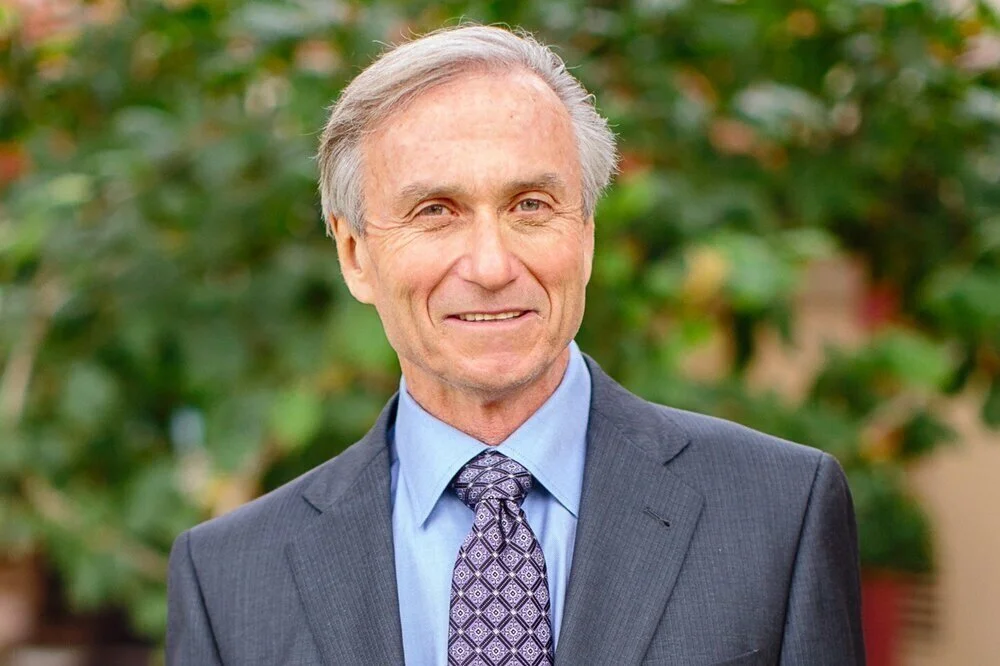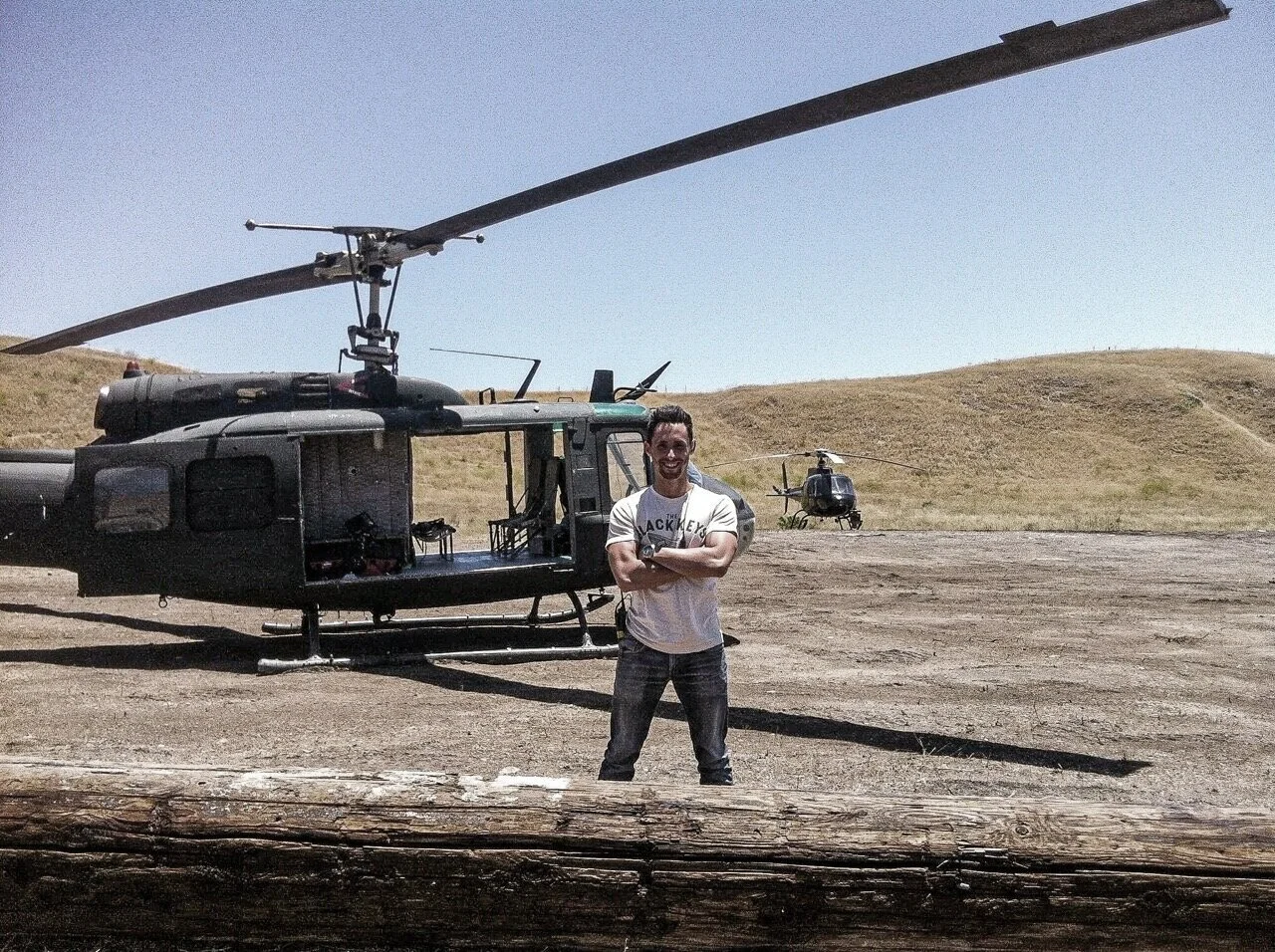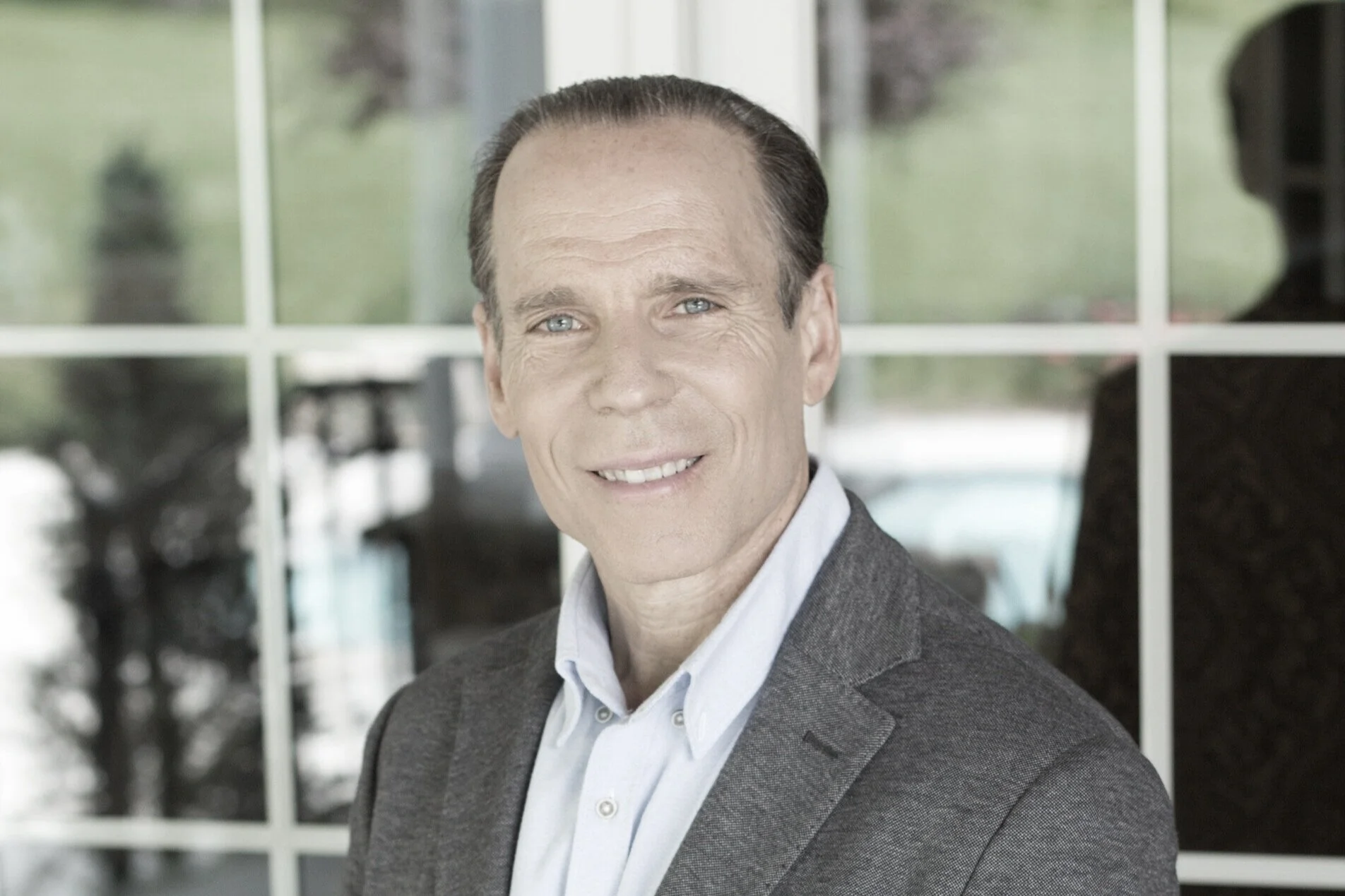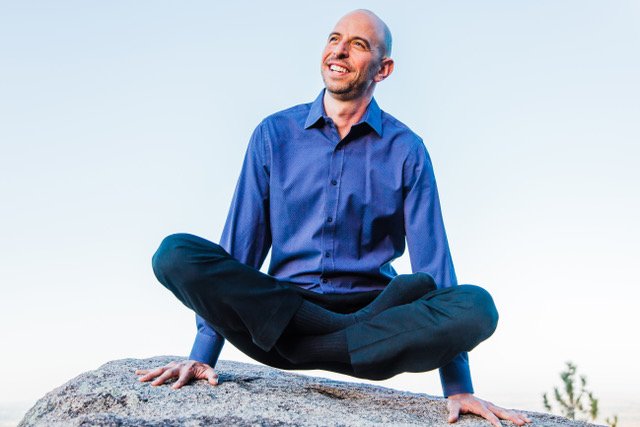
IN THIS PODCAST EPISODE
Today, I’d like to introduce you to Dr. Itai Ivtzan, a positive psychologist, a Professor at Naropa University, and the School of Positive Transformation Director. Over the past 20 years, he has run seminars, lectures, workshops, and retreats in the USA, UK, and worldwide at various educational institutions and private events. In addition, Dr. Itzvan is a regular keynote speaker at conferences and has published five books and more than 50 journal papers and book chapters. His main areas of research and teaching are positive psychology, mindfulness, and spirituality.
Accordingly, Dr. Itzvan has invested much time in studying mindfulness academically, writing books about it, teaching it, and training mindfulness teachers. As part of his work, he established the School of Positive Transformation, offering practical well-being courses for practitioners, teaching them how to transform themselves and their clients and students.
In our interview, we examine the lens of a positive psychologist during a period of crisis. Dr. Ivtzan shared his personal struggles during the onset of the pandemic, and we discussed how to practice empathy when in conflict with family and friends and compassion for loved ones who hurt us. We also dive into the meaning we assign to such disruptions like the recent pandemic and destructive wildfires in Colorado, as well as the role of meditation and mindfulness in our well-being.
To learn more about Dr. Itai Ivtzan, visit https://schoolofpositivetransformation.com.
PODCAST DISCUSSION
-The lens of a positive psychologist during a crisis.
-Making sense of crisis.
-Sitting with ourselves when our physical states are threatened.
-The dialogue regarding collective trauma in the positive psychology community.
-Feeling compassion for others when we've been hurt by even those who love us.
-Practicing empathy when experiencing fiery divisions between family, friends, and people we don't know.
-The role of mindfulness in building resiliency.
-The reasons why solitude is vital to our mindfulness.
Support our mental health and environmental advocacy!
We create the conversations, and we need your support in sharing these important messages! Every dollar each month goes directly towards the promotion of the show. Help us truly steer a new stream of consciousness as we create a new normal beyond the pandemic. Click on the Patron button below and contribute today! Interested in contributing in other ways? Please email michael@ainsleypress.com.
More “The Elements of Being” Podcast Episodes
